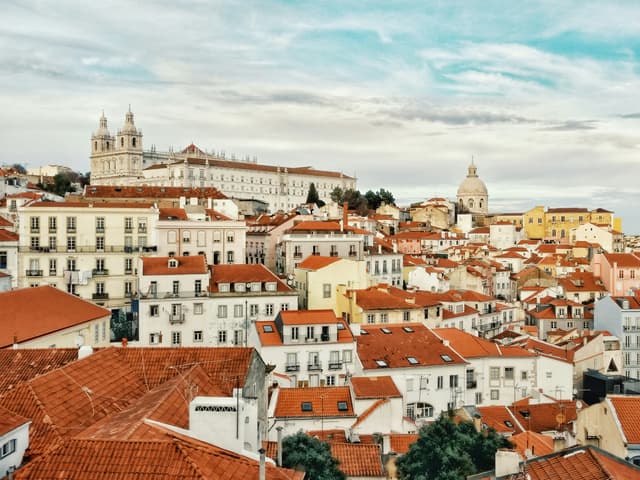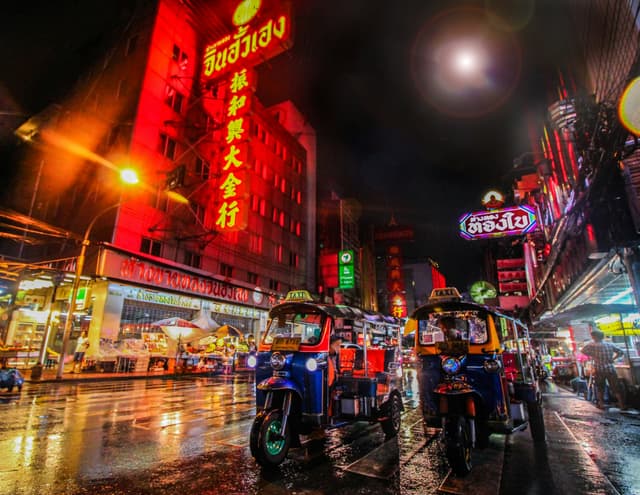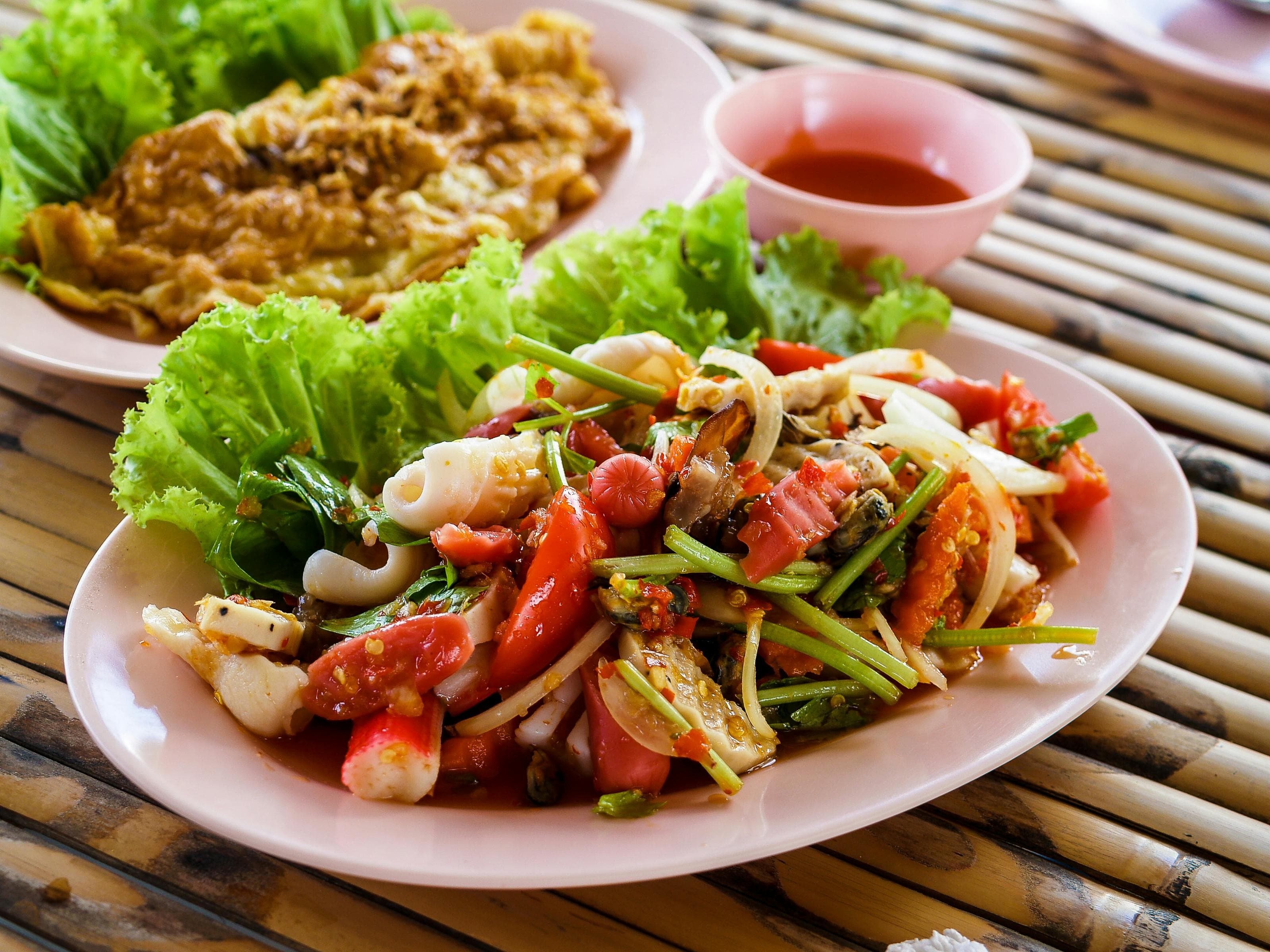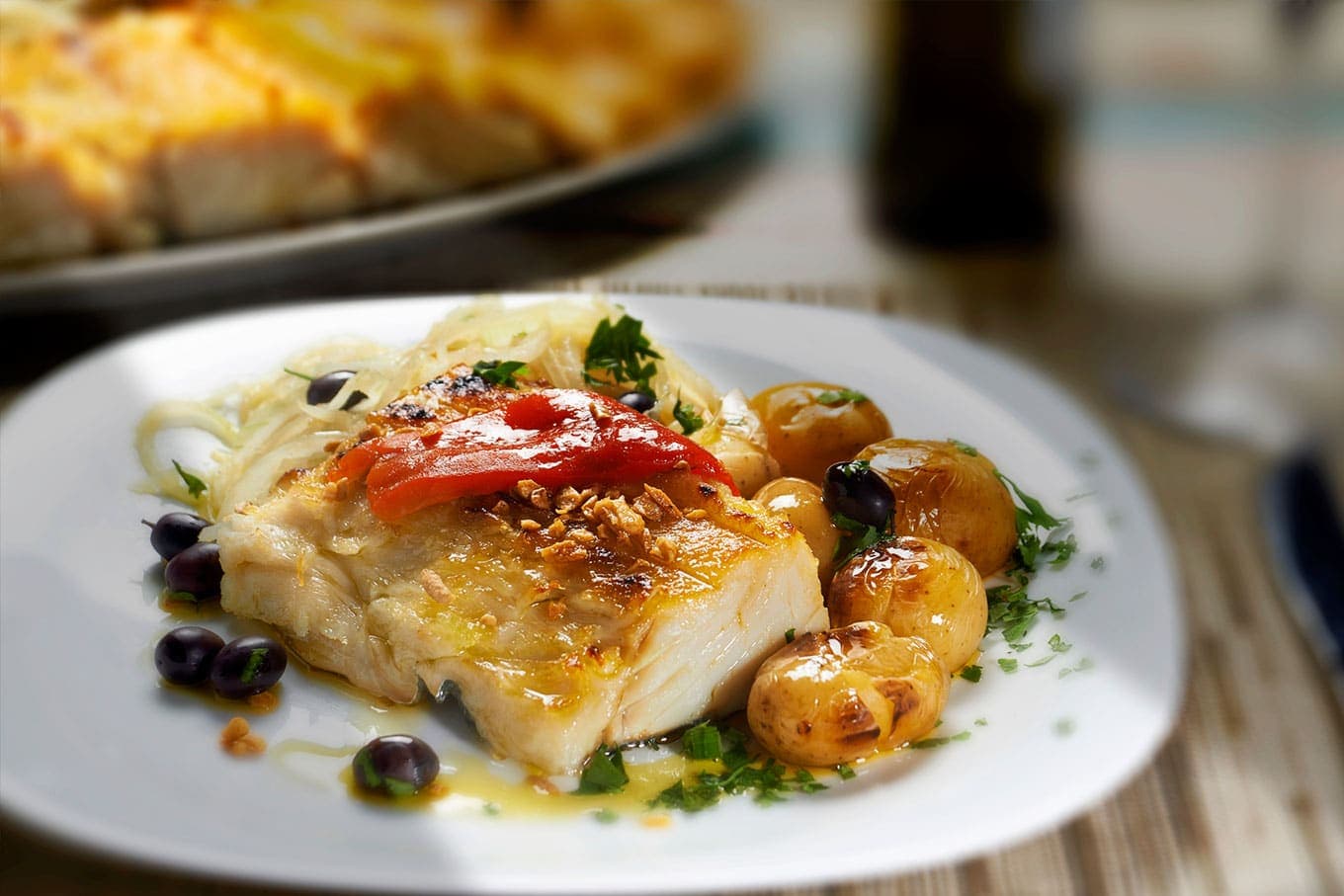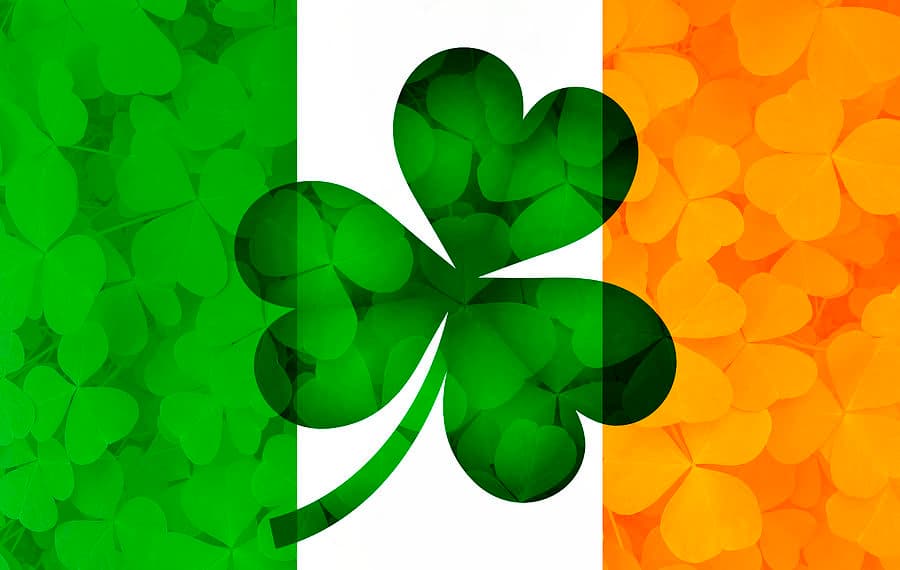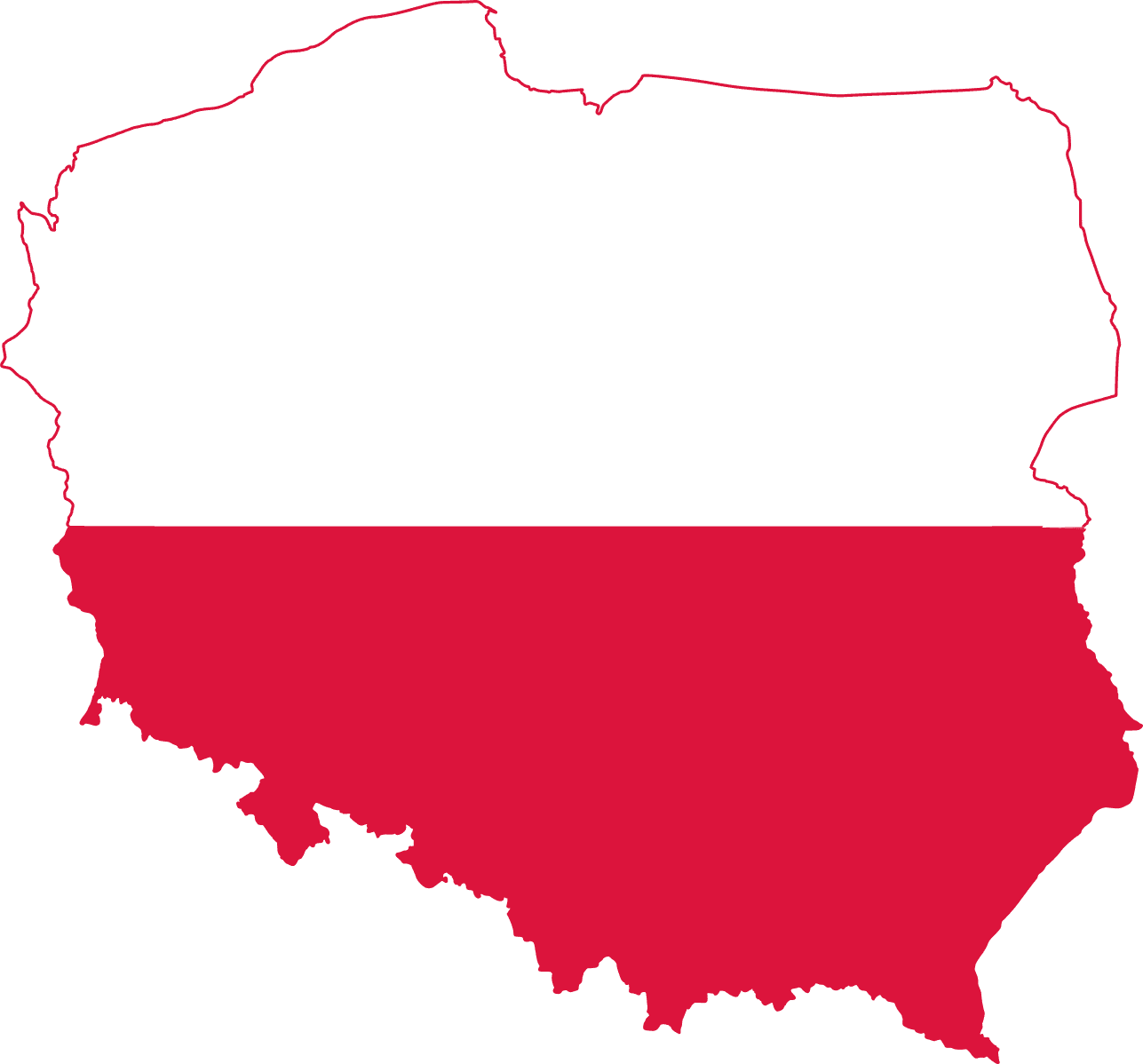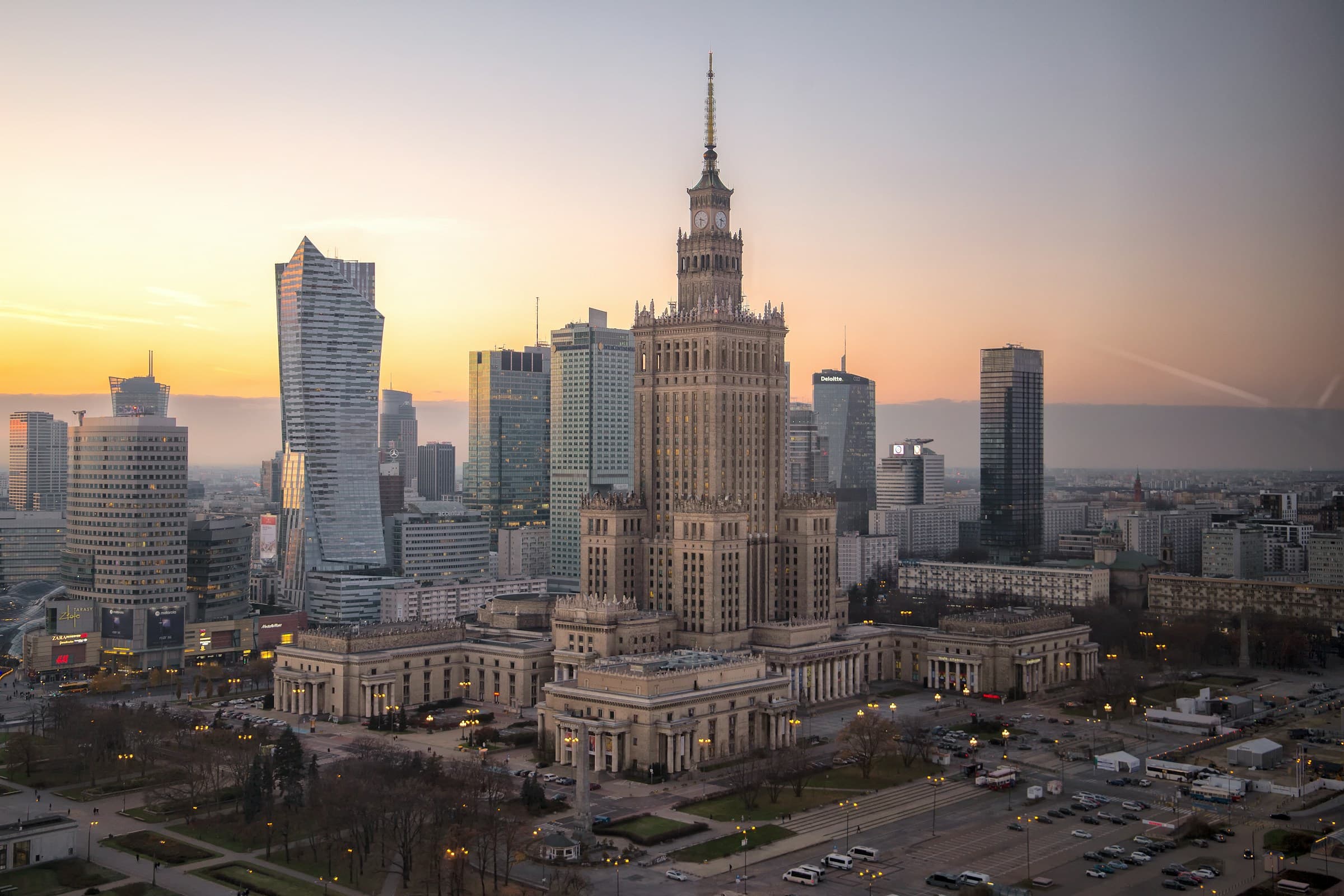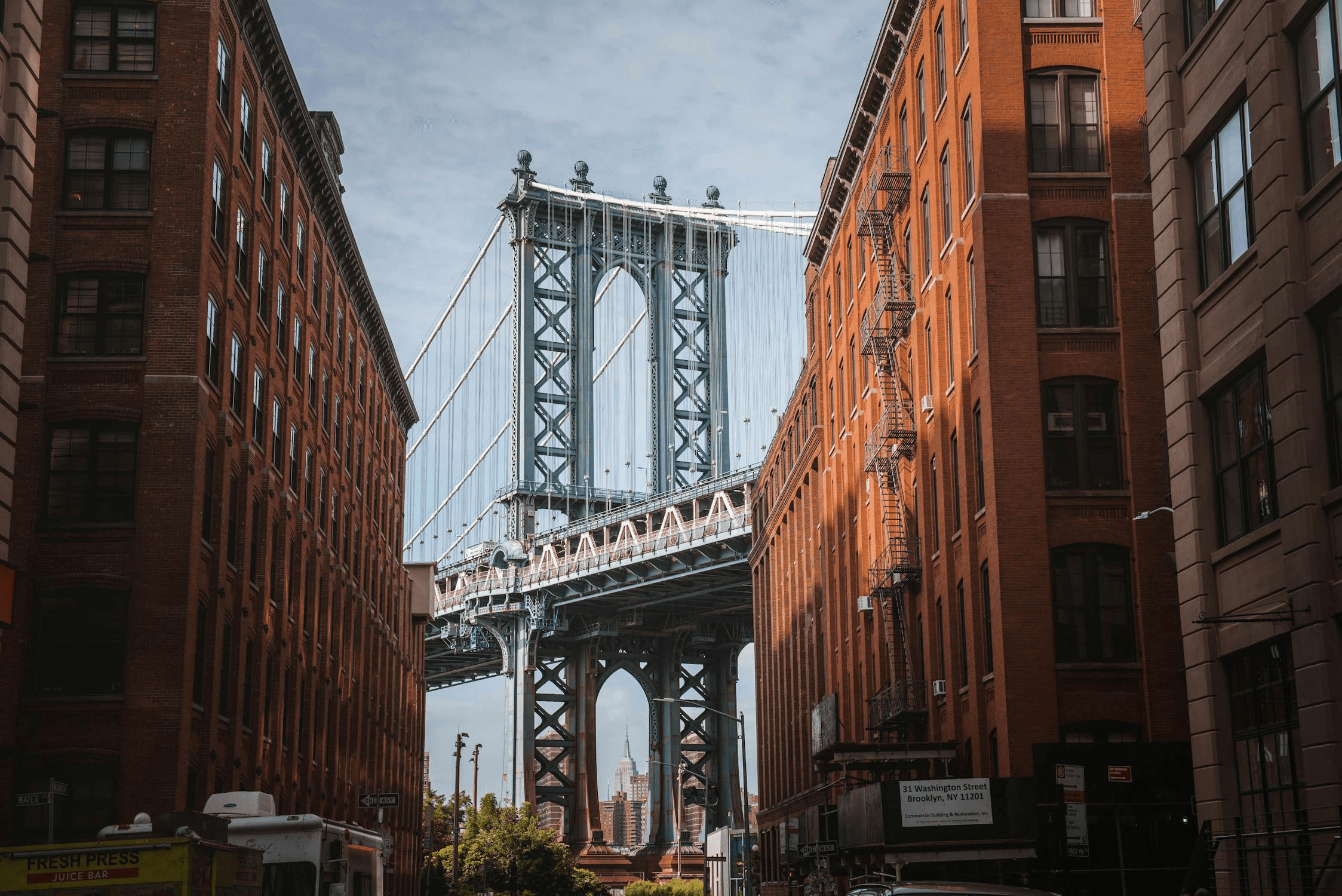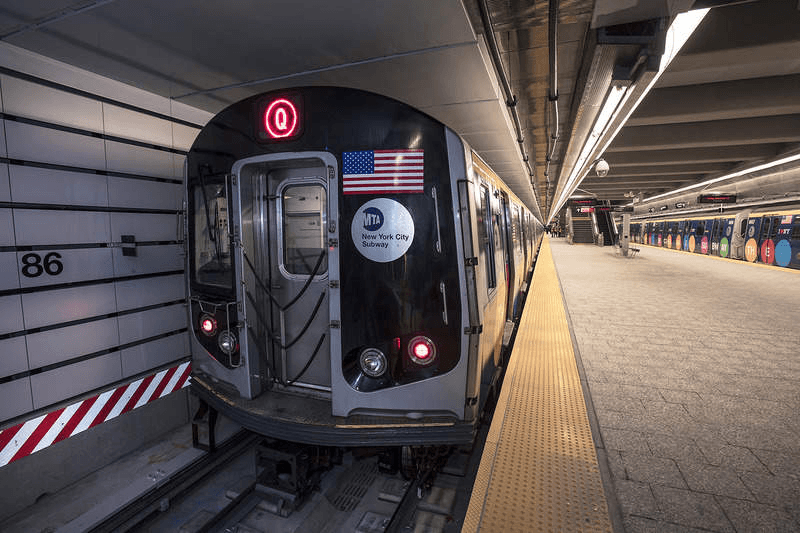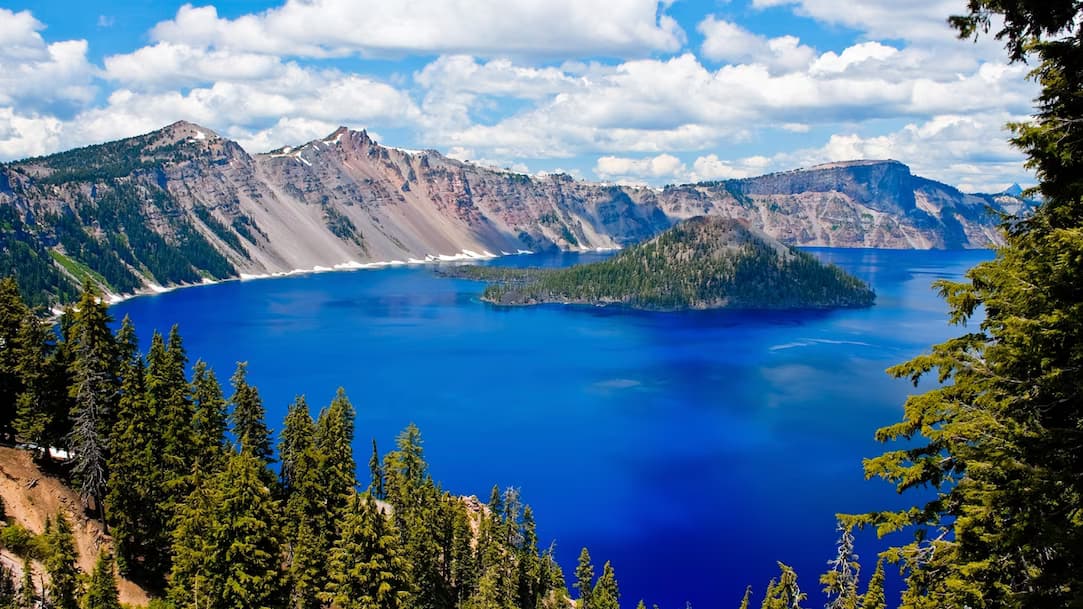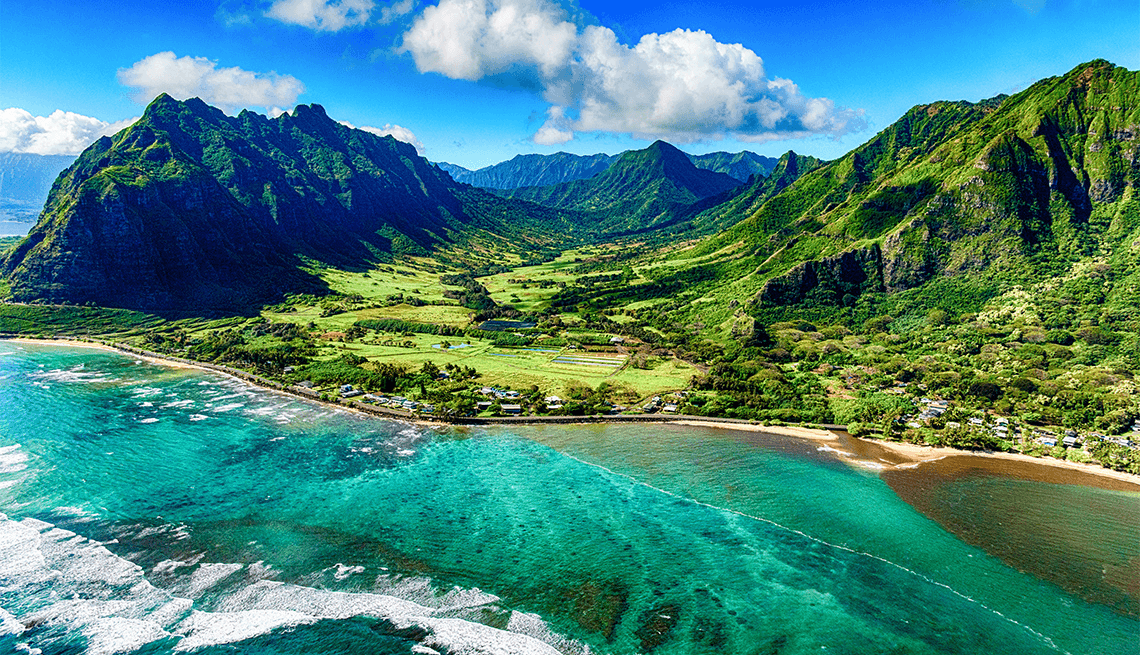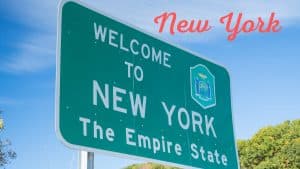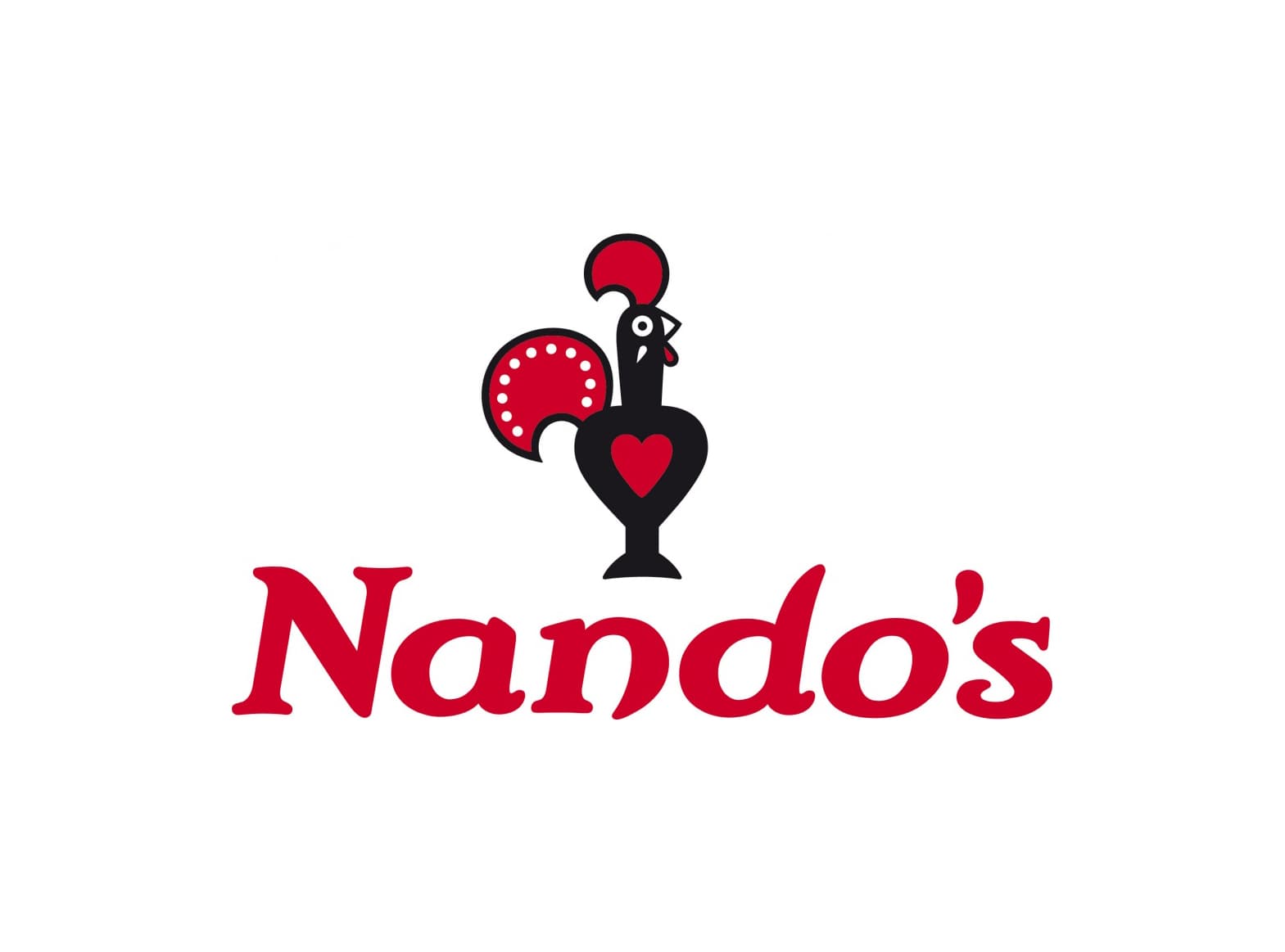Lisbon, Portugal vs. Bangkok, Thailand
Lisbon, Portugal
Lisbon sits on the western edge of Europe, right where the Tagus River meets the Atlantic Ocean. The city is built on a series of hills, which gives it sweeping views of red-tiled rooftops, cobbled streets, and the water beyond. Walking around, you’ll notice how the narrow lanes twist and turn, especially in neighborhoods like Alfama, where clotheslines stretch between buildings and the smell of grilled sardines lingers in the air. It’s a place where old and new blend together. You’ll find trams from the early 20th century rattling through streets, while modern glass buildings rise up in other parts of town. Down by the river, the Belém Tower and Jerónimos Monastery, both from the Age of Discovery, remind you that Portuguese explorers once set out from this very spot. Lisbon gets plenty of sunshine—nearly 3,000 hours a year. Summers are warm and dry, while winters stay cool and damp, but not too cold. Along the riverbanks, locals sit at cafés, sipping coffee or wine, while ferry boat...
Bangkok, Thailand
Bangkok is the capital of Thailand and its biggest city. It sits along the Chao Phraya River in central Thailand, spreading out over a large area with nearly 9 million people living in the city itself and over 17 million in the surrounding region. It’s a place that mixes old traditions with modern life. On one side, you’ve got ancient temples like Wat Pho and Wat Arun, and on the other, you’ve got massive shopping malls and skyscrapers. The city has been around for a long time, starting as a small trading post in the 15th century. It became the capital in 1782 when King Rama I moved it to the eastern bank of the river. Over the years, Bangkok has seen a lot—colonial pressures, modernization, political protests, and economic growth. It really took off in the 1980s and 1990s when foreign companies started setting up shop there. Bangkok is known for being busy and full of life. The streets are packed with cars, motorbikes, and tuk-tuks, which often leads to heavy traffic. Despite effort...
Reviews
Reviewed on 2/25/2025
I loved the weather and the architecture in Lisbon, and how beautiful and hilly it was. On the other hand, I found the food bland and apparently the locals hate digital nomads?
Reviews
Reviewed on 2/23/2025
It took me a good few trips to adapt but not I absolutely love this city.
| Item | Votes | Upvote |
|---|---|---|
| No pros yet, would you like to add one? | ||
| Item | Votes | Upvote |
|---|---|---|
| No cons yet, would you like to add one? | ||
| Item | Votes | Upvote |
|---|---|---|
| Delicious street food everywhere | 1 | |
| Very affordable | 1 | |
| World's biggest bazaar | 1 |
| Item | Votes | Upvote |
|---|---|---|
| Not walkable | 1 |
Frequently Asked Questions
Lisbon offers great weather and is good for surfing, but the food might be considered bland and there are reports that locals may not be very welcoming to digital nomads. On the other hand, Bangkok is a vibrant metropolis with delicious street food, affordability, and the world's biggest bazaar. However, it has poor air quality and is not very walkable. The choice depends on whether you prioritize weather and recreational activities or affordability and urban excitement.
Yes, Bangkok is generally more affordable than Lisbon. Bangkok is known for its low cost of living, including affordable street food and accommodations. Lisbon, while not overly expensive, does not have the same level of affordability as Bangkok.
Bangkok is known for its delicious and diverse street food, which is widely appreciated by digital nomads. Lisbon's food, on the other hand, might be considered bland by some. Therefore, Bangkok offers a better food experience for digital nomads.
Lisbon, Portugal is known for its stunning views, historic architecture, and vibrant culture. The city is characterized by its red-tiled rooftops, cobbled streets, and a blend of old and new, featuring both traditional trams and modern buildings. Key attractions include the Belém Tower and Jerónimos Monastery, which reflect its rich maritime history. Lisbon also boasts a mild climate, with nearly 3,000 hours of sunshine a year, making it a popular destination for tourists.
Pros of living in Lisbon include its beautiful scenery, rich cultural heritage, and a relaxed lifestyle. The city offers a variety of activities, from enjoying Fado music to exploring vibrant markets. Additionally, Lisbon has a well-connected public transport system, making it easy to navigate. However, cons include rising living costs driven by tourism and expats, and some locals may have negative feelings towards digital nomads, which can affect the sense of community.
Lisbon enjoys a Mediterranean climate with warm, dry summers and cool, damp winters. The city receives nearly 3,000 hours of sunshine annually, making it an attractive destination for those who enjoy sunny weather. Summer temperatures can be quite warm, while winter temperatures remain mild, rarely dropping to extreme lows.
The food scene in Lisbon is diverse and vibrant, featuring a mix of traditional Portuguese dishes and modern culinary influences. While many visitors enjoy the local cuisine, some reviews suggest that certain dishes can be bland. Seafood, particularly grilled sardines, is a highlight, especially during local festivals. However, experiences may vary, and some locals reportedly have mixed feelings about the influx of digital nomads affecting the food culture.
Lisbon offers a rich cultural experience, with Fado music echoing from small bars, vibrant street art, and lively markets filled with fresh produce and seafood. The city celebrates various festivals, such as Saint Anthony’s festival in June, which features street parties, music, and plenty of grilled sardines. Visitors can immerse themselves in the local culture through these experiences, making Lisbon a unique destination.
Pros of Bangkok, Thailand include delicious street food available everywhere, affordability, and being home to the world's biggest bazaar. However, a notable con is that the city is not very walkable, which can make getting around challenging.
Bangkok, Thailand is known for its vibrant culture, bustling street life, and a mix of ancient traditions and modernity. The city features famous landmarks such as the Grand Palace, Wat Pho, and Wat Arun, as well as a lively street food scene and extensive shopping options, including the world's biggest bazaar.
Bangkok has a rich history that dates back to the 15th century when it started as a small trading post. It became the capital of Thailand in 1782 when King Rama I moved it to the eastern bank of the Chao Phraya River. Over the years, Bangkok has experienced significant changes, including colonial pressures, modernization, and economic growth, particularly during the 1980s and 1990s.
Transportation in Bangkok can be challenging due to heavy traffic, with streets often packed with cars, motorbikes, and tuk-tuks. While there have been improvements in public transportation, including skytrains and subways, traffic jams remain a common issue. The city is not very walkable, which can make navigating it more difficult.
Popular attractions in Bangkok, Thailand include the Grand Palace, Wat Pho, and Wat Arun. Tourists also flock to markets like Chatuchak and various floating markets, as well as Khao San Road, which is known for its budget hostels, bars, and street vendors.
The nightlife in Bangkok, Thailand is vibrant and diverse, offering everything from lively bars to well-known red-light districts. The city comes alive at night, providing a range of entertainment options for both locals and tourists.
